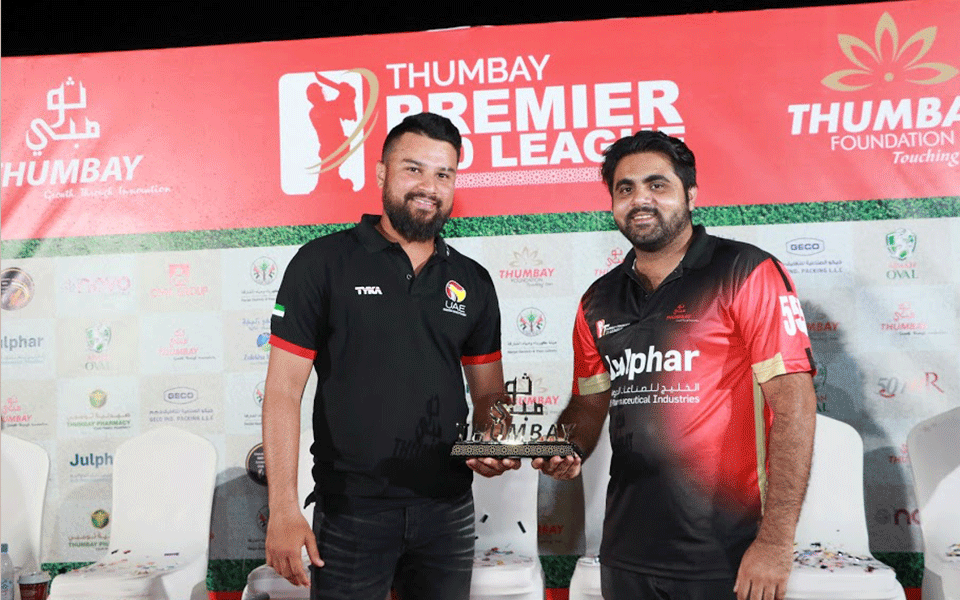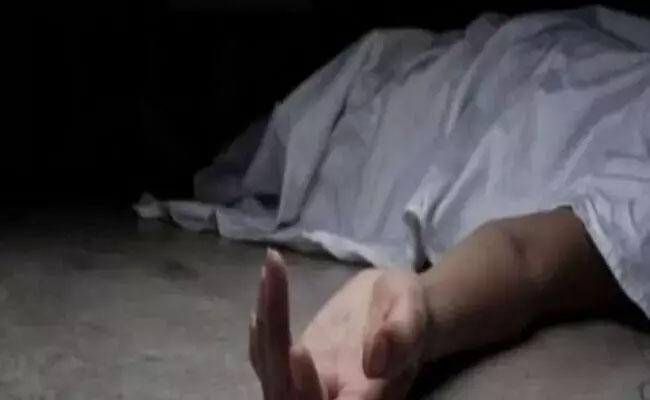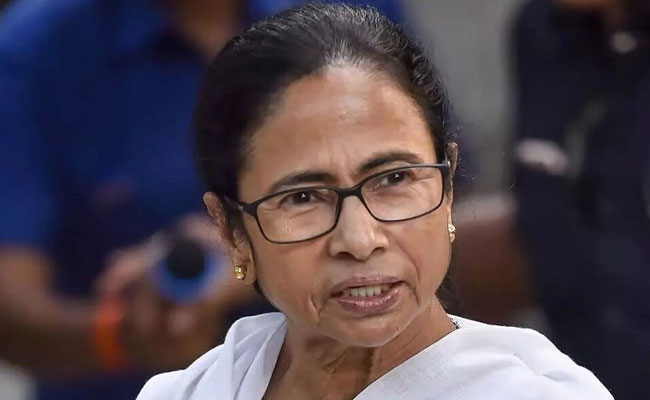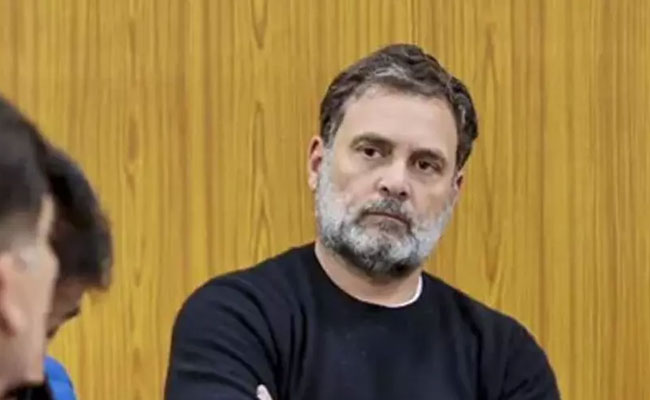Dubai, Nov 17: The inaugural edition of the ‘Thumbay Premier T20 League’ launched by the Corporate Social Responsibility (CSR) Committee of Dubai-based international conglomerate Thumbay Group, concluded on November 15, 2018. During the tournament, eight teams played a total of 16 matches for 15 days.
The tournament was conducted with the aim of encouraging community engagement among corporates, in line with the values of the ‘Year of Zayed’, and was launched under Thumbay Foundation, the charitable arm that supports the CSR activities of Thumbay Group.
Mr. Akram Moideen Thumbay – Director Operations - Construction & amp; Renovation Division and Director - Thumbay Technologies, also the Chairman of Thumbay Group’s CSR Committee, was the chief guest of the closing ceremony that was held at the Ajman Oval Cricket Ground. UAE cricketer Imran Haider was a special guest.
OMA Emirates emerged the winners of the tournament, defeating the runners-up Sharjah Electricity& Water Authority (SEWA) in the strongly contested final match. Mr. Akram Moideen Thumbay presented the trophies and certificates to the winning and runners-up teams as well as to individual achievers.
Speaking at the closing ceremony, Mr. Akram Moideen Thumbay said: “This tournament
has achieved all its objectives. We thank the participating companies for their support. On behalf of Thumbay Group’s CSR Committee, I congratulate all of you for all your achievements during the past fortnight of exciting cricket.”
Stressing that the primary goal of the tournament was to promote humanitarian causes, Mr. Akram added, “We are glad to announce that the proceeds from this tournament by way of registration fees will be spent exclusively on humanitarian initiatives under Thumbay Group’s CSR Committee,” amidst loud cheers and applause. Mr. Akram promised that the next edition, in 2019, would be bigger and more exciting.
This year’s teams included: Novo Health Care, GECO IPL, Thumbay Group, Zulekha Hospital, SEWA, Emirates NBD, AW Rostamani and the OMA Emirates.
About Thumbay Group’s CSR Committee
The CSR Committee oversees the CSR activities and programs of Thumbay Group. It discusses and decides on practices relating to the company’s corporate social responsibility on a global basis, including matters related to education, health and safety, environment and community welfare.
The committee has successfully carried out several CSR programs at various parts of the country, promoting causes and activities benefiting low-income groups, women, children, various professional groups etc. Free medical and health camps for the public led by Thumbay hospitals and clinics are a regular activity conducted under the committee’s guidance and supervision, benefiting thousands of people, especially blue-collar workers. The committee also facilitates scholarships and financial assistance for academically bright and financially backward students desirous of pursuing professional medical courses.
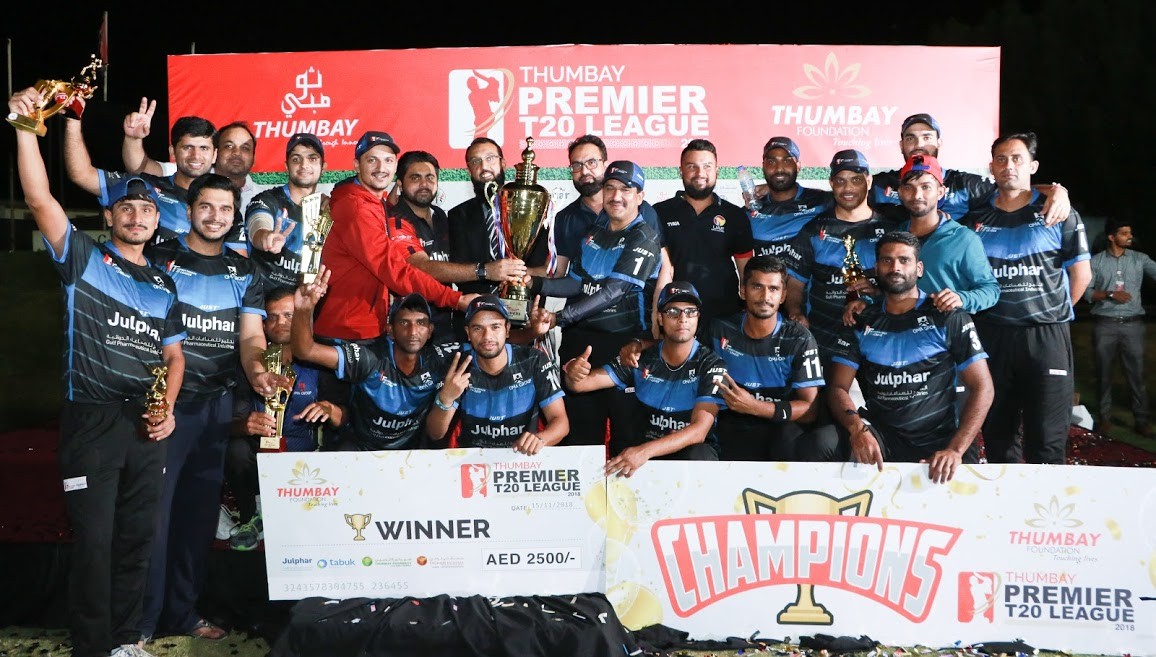
Let the Truth be known. If you read VB and like VB, please be a VB Supporter and Help us deliver the Truth to one and all.
Medininagar (PTI): A couple and their 18-year-old son were allegedly hacked to death over suspicion of practising witchcraft in Jharkhand's Palamu, police said on Sunday.
Their minor daughter was also injured in the attack late on Saturday, a police officer said.
The bodies were recovered from their house on Sunday in Panki police station area, he said.
“Initial investigation suggests that the case is related to witchcraft suspicion,” Manoj Kumar Jha, Sub-Divisional Police Officer (SDPO) of Lesliganj told PTI.
A manhunt is on to nab the culprits, Jha said.
The girl suffered severe injuries and has been admitted to a government hospital, he said.
The deceased have been identified as Vijay Bhuiyan (45), his wife Kalia Devi (40), and their son Chotu Bhuiyan.
The bodies have been sent to Medinirai Medical College and Hospital (MMCH) for post-mortem examination.

